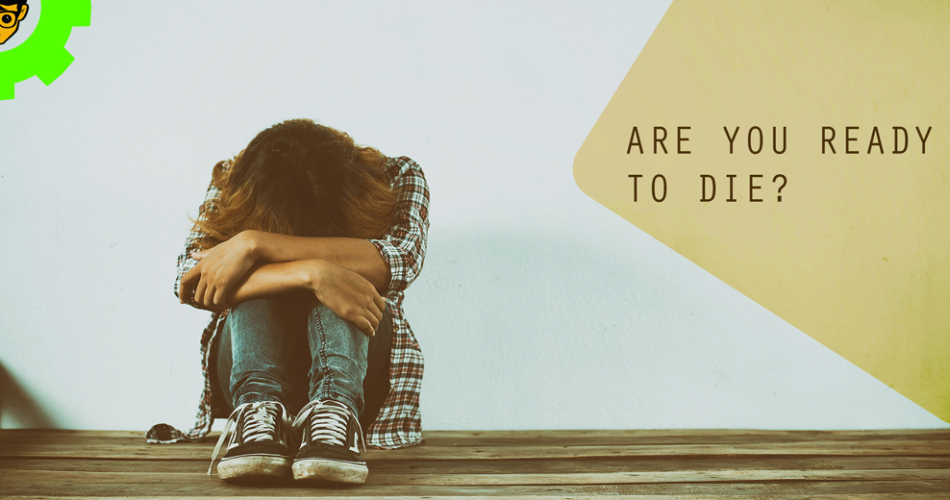If a person asks “Are you ready to die?” What will be your answer? Definitely you will say “No never” because you love your life more than anything. The air, water and the food are primary needs of humans but at present the following needs are essential to lead a successful life. They are house, clothes, education etc. Suppose if we have all the above mentioned elements, can we live? No, we can’t because those resources are limited. So there is a huge competition to have them. People communicate with each other, work with each other on this situation as a person has rights.The life or the right to live is common to all the living beings which include trees as well. It is true that trees do not have rights but if we violate their rights simultaneously our rights too will be violated. As a example: People can’t live without trees. If trees are destroyed the human right of “right to life” will be violated.
This article is focused towards the “right to life’’.
In Sri Lankan Constitution there is no fundamental right to show the “right to life” but the Indian constitution has. Article 21 of the Constitution provides: “No person shall be deprived of his life or personal liberty except according to procedure established by law.” This article expressly forbids the executive from interfering with the life and liberty of the individuals without the authority of law.
In the landmarked case Maneka Gandhi vs Union of India(1978) 1 AIR 597 mentions about the “right to life”. The honorable Supreme Court in this case laid down a number of other propositions which made ‘the right to life’ or ‘personal liberty’ more meaningful. Maneka Gandhi case has a great significance in the development of Constitutional law of India.
In Sri Lanka, the courts used sections 11, 13(4) to interpret the “right to life”.
Section 11 : No person shall be subjected to torture or to cruel, inhuman or degrading treatment or punishment.
Section 13 (4) : No person shall be punished with death or imprisonment except by order of a competent court, made in accordance with procedure established by law. The arrest, holding in custody, detention or other deprivation of personal liberty of a person, pending investigation or trial, shall not constitute punishment.
In 2003 the Supreme Court in the case of Sriyani Silva(wife of Jagath Kumara-deceased) Vs Iddamalgoda, Offcer- In- Charge,Police Station, Payagala and others (2003 (1) SLR 14 ) upheld a claim to compensation by the widow and the child of a man who had been assaulted to death during police custody. In this case Supreme Court described the “right to life”.
Sri Lanka is one of the parties that acceded to the International Covenant on Civil and Political Rights (ICCPR) adopted by the United Nations General Assembly. The Provision of the ICCPR states (Article 6) that “Everyone has the right to life, liberty and security of person”. We have ratified ICCPR. But it is not included to our law by the parliament. According to our constitution, if an international provision is not passed by the parliament it will not be enforcement in our country.
The “Right to life” is the most important human right. If we do not have this right, other rights become meaningless.

